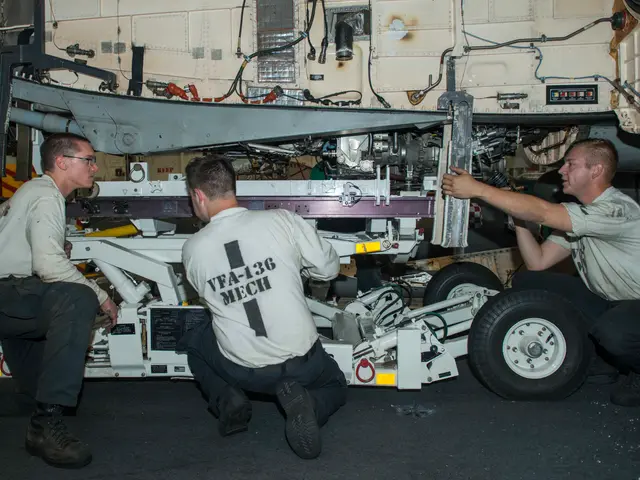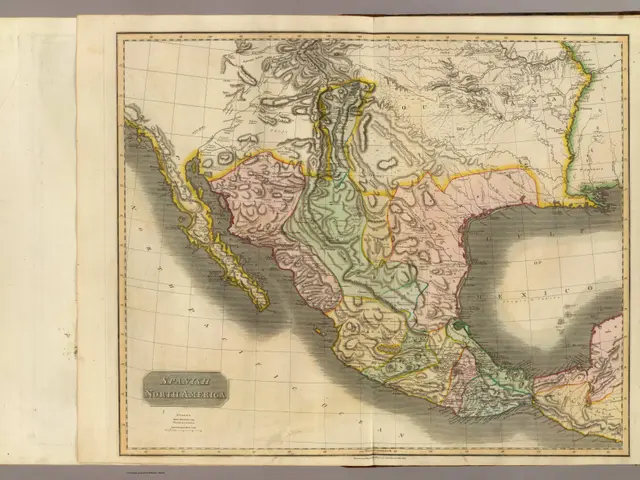European Court of Justice's Chance to Review EU's Climate Change Responsibilities
The European Union (EU) is at the forefront of global efforts to combat climate change, yet a significant portion of its emissions comes from trade-related activities, particularly with trading partners like the Mercosur bloc. This paradox presents a challenge, as the EU is legally bound to mitigate climate-related human rights violations and injustices.
The EU-Mercosur Trade Agreement, signed in 2019, aims to facilitate trade, lower tariff rates, and harmonize liberalization measures. However, it has sparked concerns over its potential impact on the EU's climate policies and the implementation of the Green Deal.
As of September 2025, no EU member state has formally requested an opinion from the European Court of Justice (ECJ) regarding the compatibility of the EU-Mercosur Agreement with European law. Discussions have taken place in EU agricultural and trade councils, but no formal legal steps have been documented.
The rebalancing mechanism in the EU-Mercosur Deal allows for the challenging of each other's climate policies, even where such policies do not undermine rights but only have the consequence of substantially impairing a "trade benefit." This mechanism could potentially undermine the EU's climate policies and the Green Deal's implementation.
The role of the ECJ is crucial in this context. It has broad review powers in the opinion procedure to avoid entering into international commitments that are incompatible with the fundamental principles and values of EU law, including human rights and international treaty and customary law. The EU's system of separated powers requires the European Parliament to enable the ECJ to exercise these review powers and demand justification.
Trade should not come at the expense of the environment. The EU advocates for sustainable trade, focusing on "green products" that contribute to the green transition or are produced in a less emission-intensive way. Beef imported from Mercosur countries is more carbon-intensive than beef produced in the EU, and the EU-Mercosur Deal may make beef cheaper on the EU markets, potentially leading to higher consumption and emissions.
In conclusion, the EU-Mercosur Trade Agreement presents a complex issue for the EU, balancing the need for trade with its climate obligations. The role of the ECJ and the European Parliament will be critical in ensuring that the Agreement aligns with EU law and promotes sustainable trade.
Read also:
- Russia, according to Zelensky, lacks the prowess for launching another significant offensive.
- Amidst India's escalating climate crisis, transgender individuals continue to persevere
- Contentious Discussion Surrounding the Movie Release of "Planet of the Humans"
- Germany's three-month tenure under Merz's administration feels significantly extended








